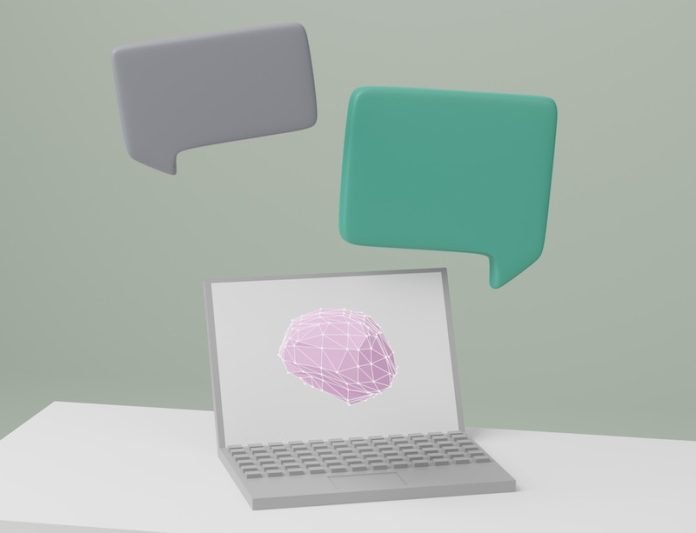
Do you know what artificial intelligence (AI) is? It’s like a robot brain that can learn and answer questions.
Scientists have now found that an AI called ChatGPT can help doctors pick the right tests for breast cancer screening and breast pain. The study was published in the Journal of the American College of Radiology.
Marc D. Succi, the leading doctor in the study, said that ChatGPT did a great job. It could act like a bridge between the doctor and the radiologist (a doctor who reads medical images).
ChatGPT could recommend the right imaging test (like an X-ray or ultrasound) quickly, making work easier for the doctors and shorter waiting times for the patients.
What is ChatGPT and How Can It Help?
ChatGPT is an AI that learns from information on the internet to answer questions in a way that’s like talking to a person.
Since it was made in November 2022, researchers have been seeing how it can help in medicine. This study is the first to test how well ChatGPT can help make medical decisions.
When a doctor needs to order a test for a patient who has breast pain, they might not know which is the best one to pick.
There are guidelines from the American College of Radiology, but these are more familiar to specialists, not general doctors. This can confuse patients and may lead to unnecessary or wrong tests.
The Study with ChatGPT
The researchers used 21 made-up patient stories that needed breast cancer screening or breast pain tests. They asked ChatGPT to help them decide which tests to use.
They asked it both openly and by giving it a list of options. They used both ChatGPT 3.5 and ChatGPT 4, a newer and more advanced version.
ChatGPT 4 did better, especially when given a list of options. For example, for breast cancer screenings, ChatGPT 3.5 got about 89% correct, but ChatGPT 4 got about 98% correct.
Succi explained that the study isn’t saying AI is better than doctors, but that it can help save doctors’ time and make their work easier.
AI in Medical Decisions and Future Possibilities
AI could be part of the patient care process. When a doctor puts patient data into the computer, the program could tell them the best tests to pick.
This can tell the patient what to expect and help the doctor order the right test.
The researchers believe that an even better medical AI could be created using data from hospitals. This would make the AI more focused on health care.
Succi added that ChatGPT could be fine-tuned with more patient data to be more helpful. For example, at Mass General Brigham, they treat patients with very rare and complex diseases.
The AI could learn from these cases to provide support for similar cases, and then be used in other places around the world.
Before AI could be used in medical decisions, it needs to be tested for fairness, and privacy concerns, and it needs to be approved for use in a medical setting.
Also, new rules around medical AI will also affect how it can be used in patient care.
If you care about health, please read studies about how Mediterranean diet could protect your brain health, and the best time to take vitamins to prevent heart disease.
For more information about health, please see recent studies that olive oil may help you live longer, and vitamin D could help lower the risk of autoimmune diseases.
The study was published in the Journal of the American College of Radiology.
Copyright © 2023 Knowridge Science Report. All rights reserved.



